Brasenose People
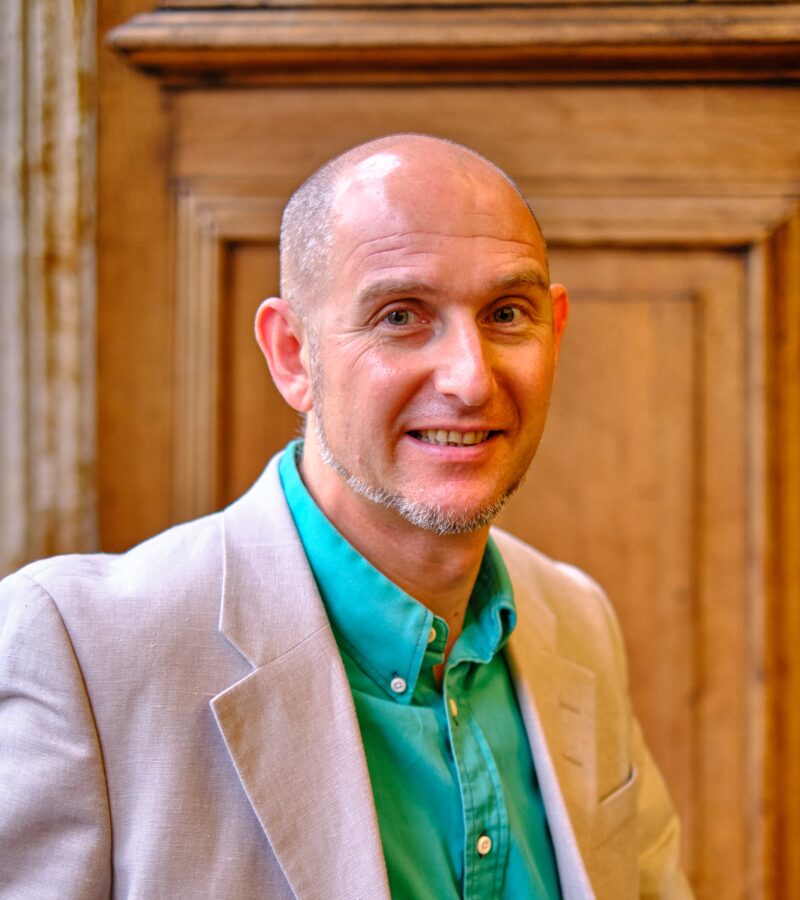
Professor Daniel Altshuler
Stipendiary Lecturer
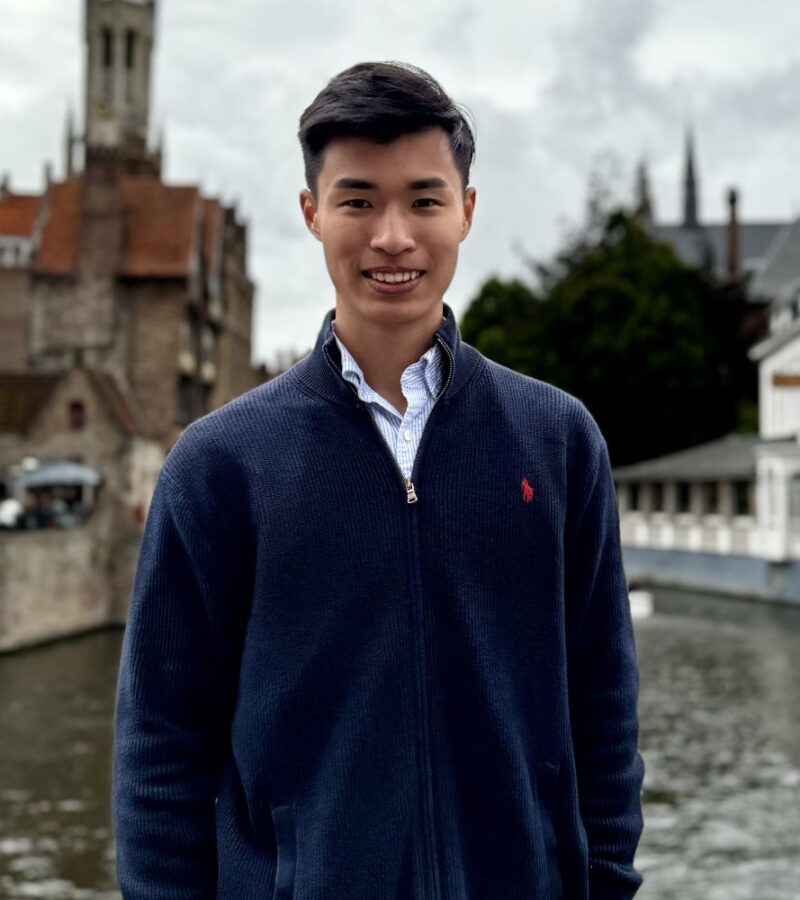
Angus Ann
Stipendiary Lecturer
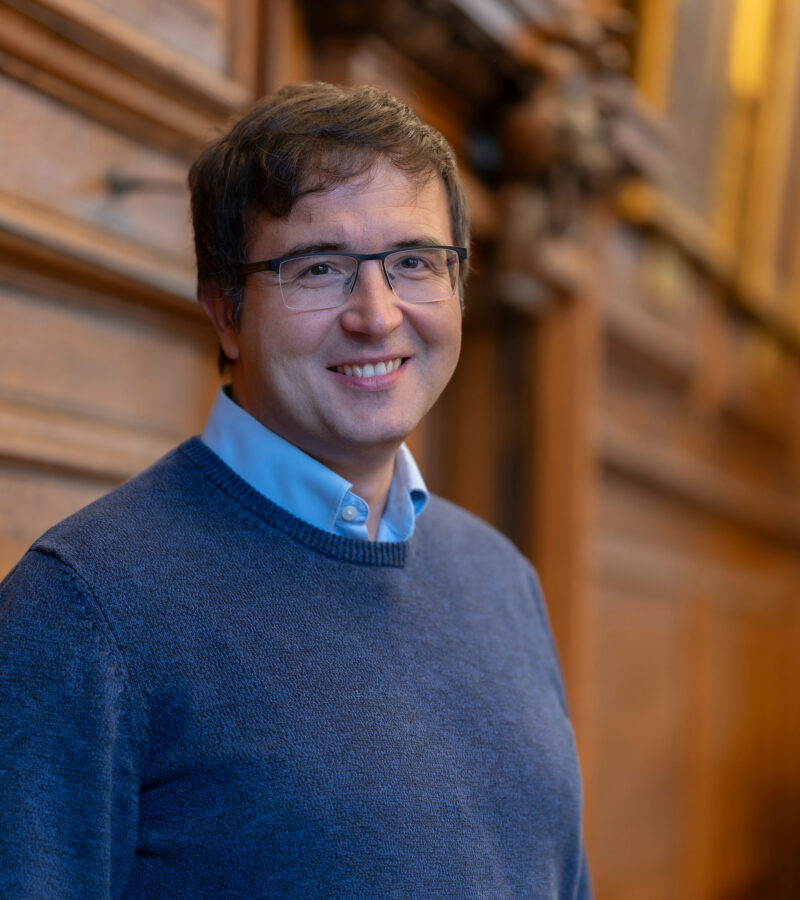
Professor Konstantin Ardakov
Tutorial Fellow
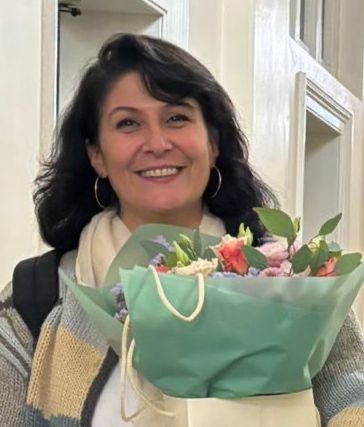
Professor Valentina Arena
Camden Professor
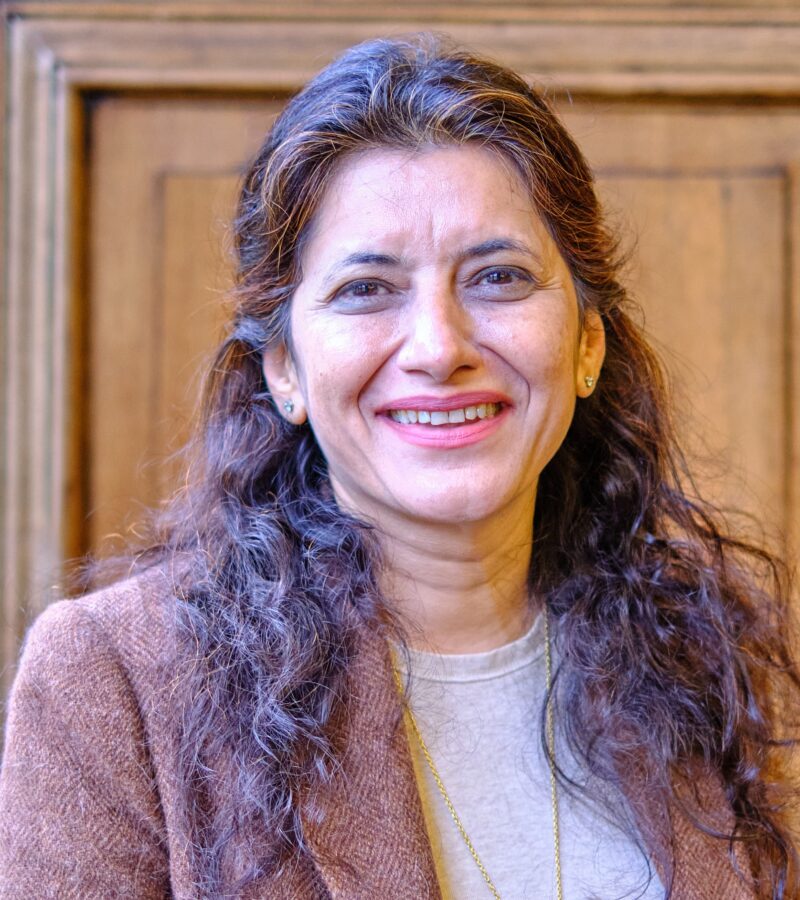
Professor Masooda Bano
Senior Golding Research Fellow
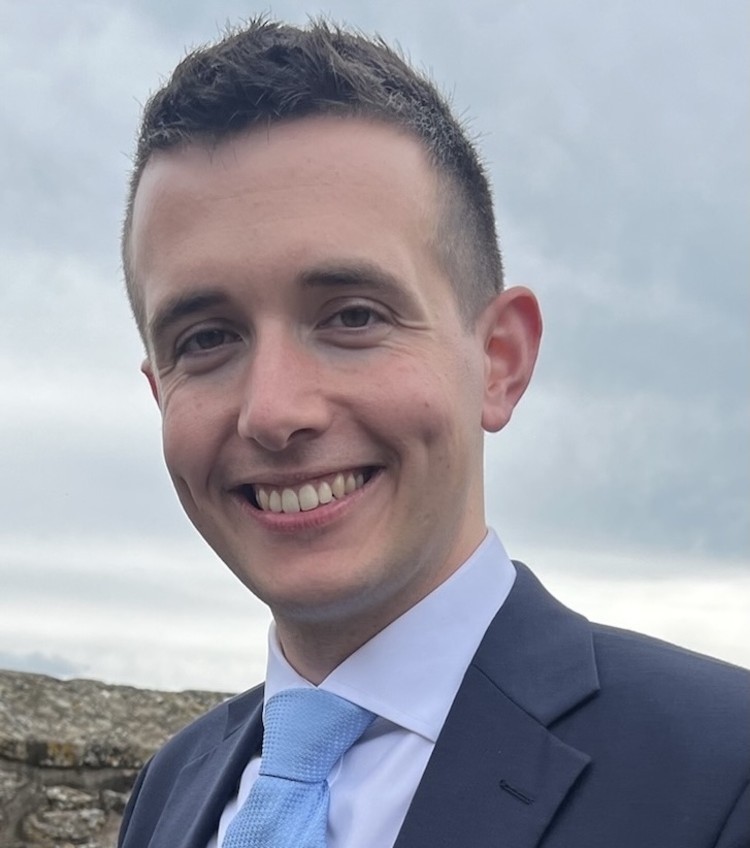
Dr Deaglan Bartlett
Junior Kurti Research Fellow
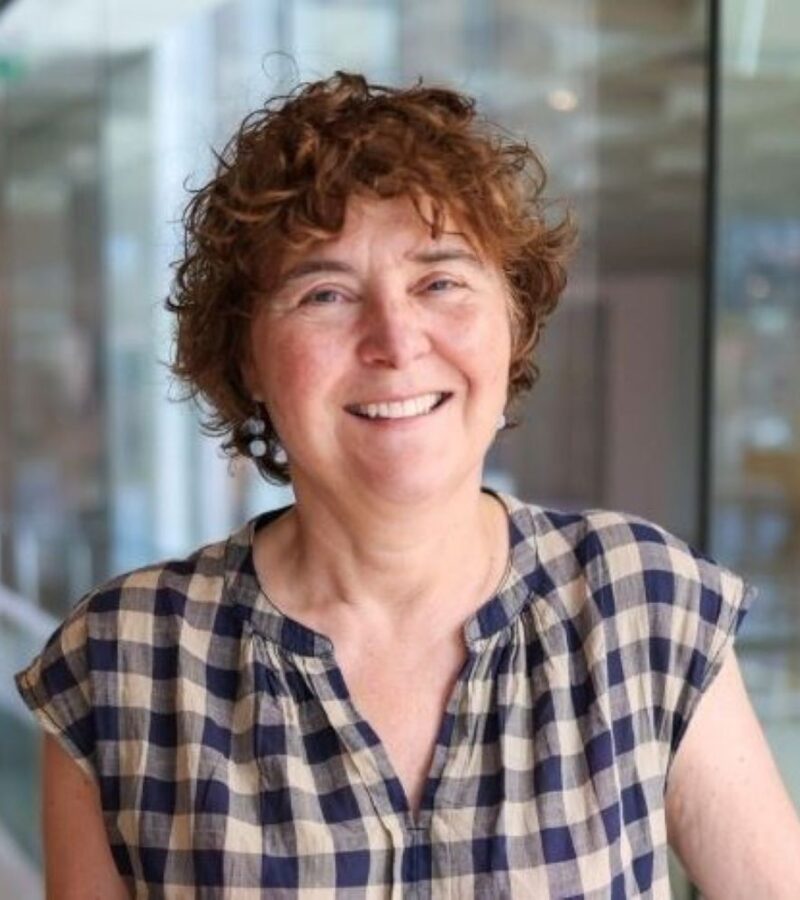
Dr Rosamund Bartlett
Royal Literary Fund Fellow
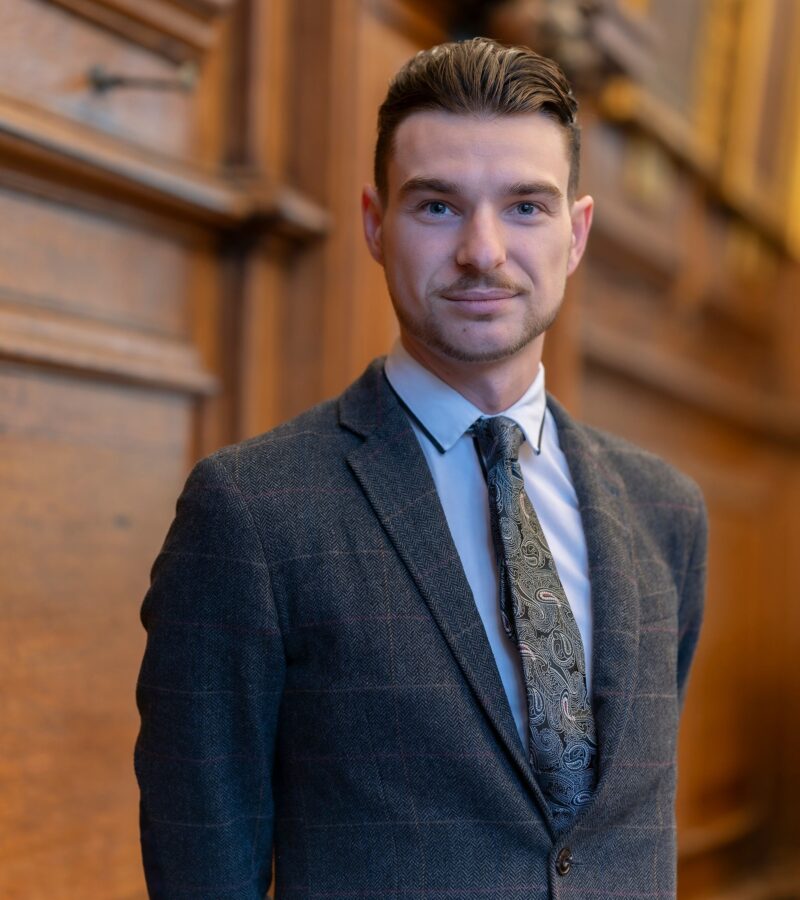
Dr Connor Beattie
Junior Golding Research Fellow
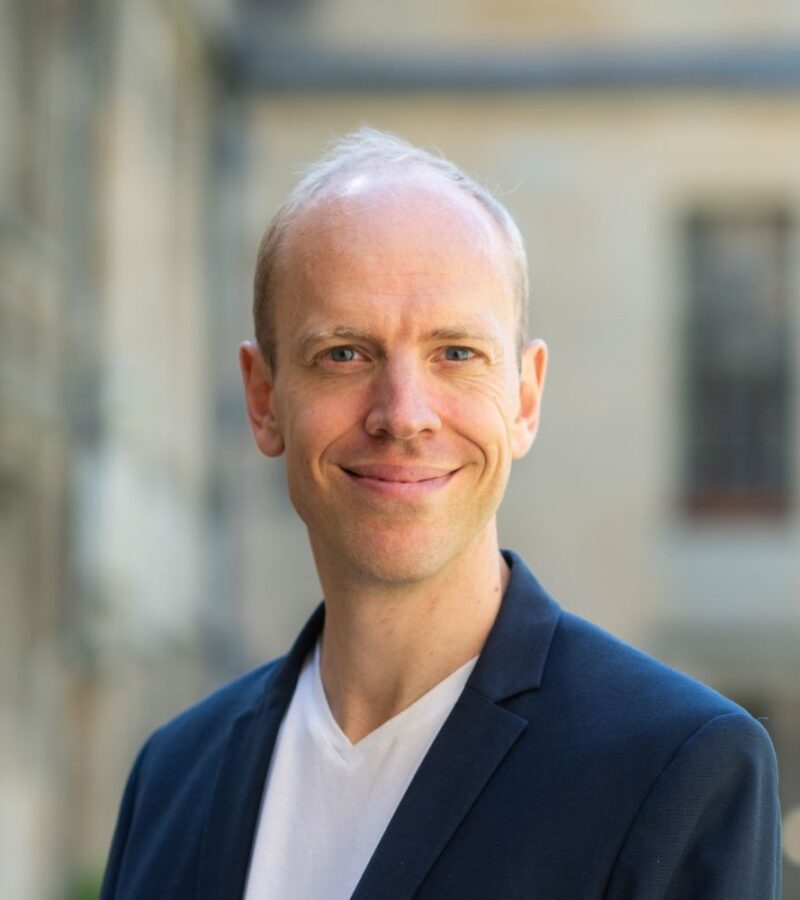
Professor Alexander Betts
Senior Golding Research Fellow
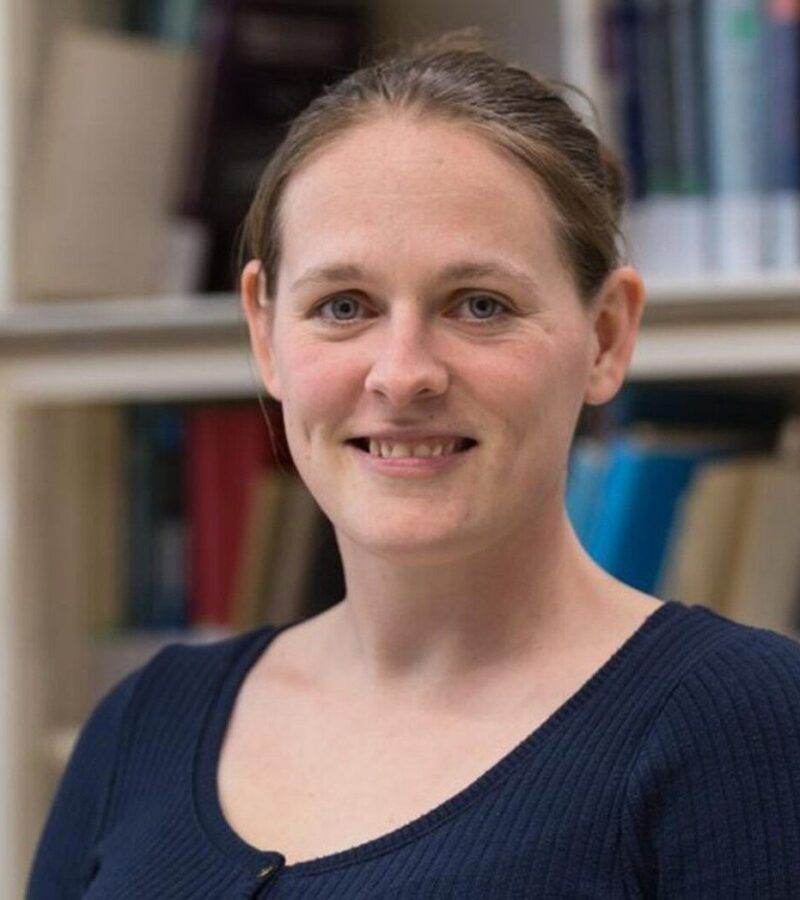
Professor Jayne Birkby
Tutorial Fellow
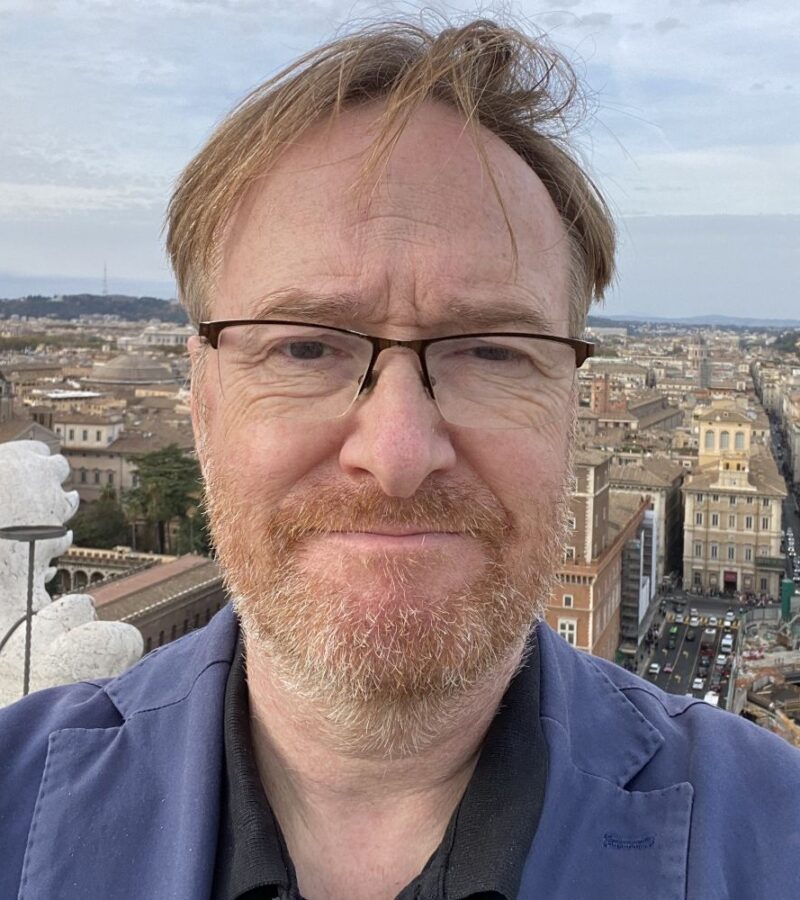
Dr Ed Bispham
Tutorial Fellow

Dr Sophie Bocksberger
Departmental Lecturer

